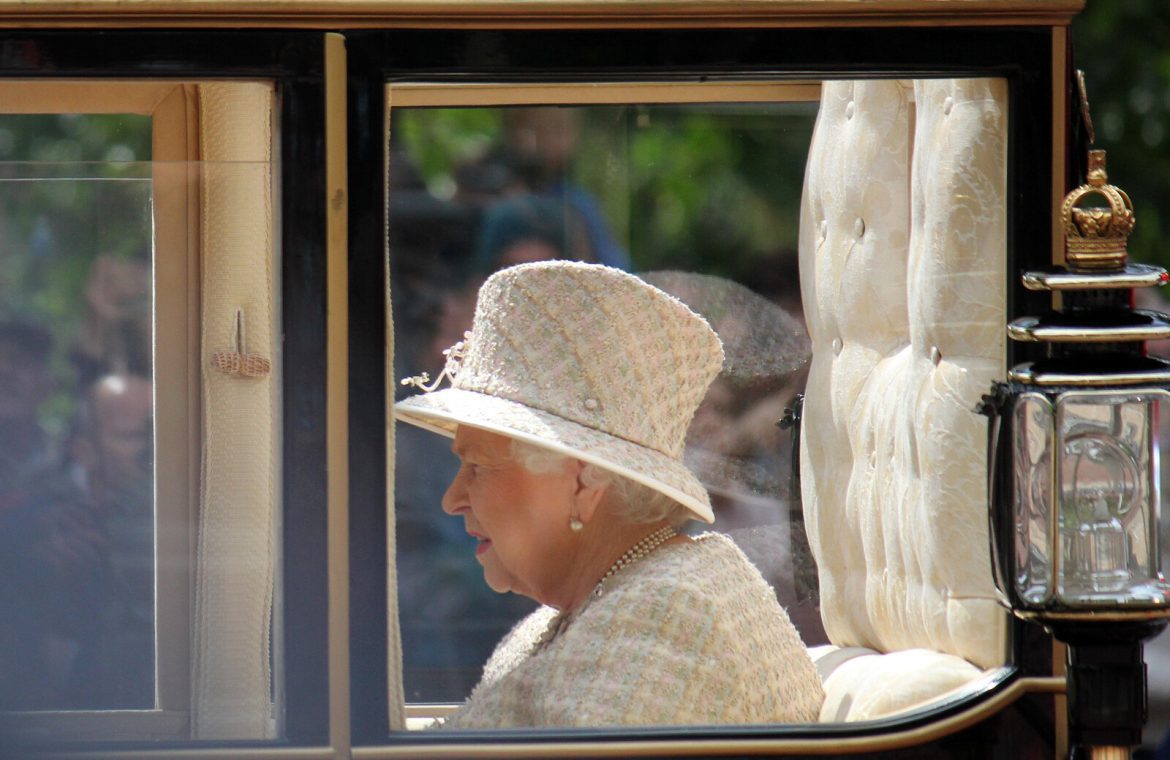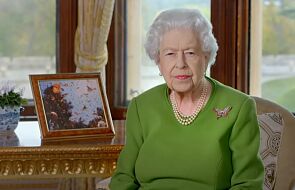“The British Queen Elizabeth II is a deeply Christian person who has a personal relationship with God,” said Catherine Pepinster, former director of Catholic Tablet Week, author of Defenders of the Faith devoted to the position of English monarchs on religion.
In an interview with the Italian religious news agency, SIR Pepinster, she spoke about a lesser-known side of the queen’s life, which on June 2-5 will celebrate the 70th anniversary of her accession to the throne.
– The Queen has a deep faith, which she often talks about, and this bond with God in the course of her work acquires special significance in her dual official role, which also applies to all English rulers since the Reformation – the journalist noted. She explained that it was about the Queen’s role as head of both the Church of England and Fidei defensor. Pepinster recalls that the latter title was “granted by Pope Clement VII to King Henry VIII just before his separation from Rome”.
The Queen has repeatedly said that Jesus is her role model
She further emphasized that it was unusual for someone in such an important public position in a country as deeply secular as the United Kingdom to have such a deep faith. – The Queen has said many times that Jesus is a model of life for her, she prays every day and attends Sunday Mass wherever she is – said Sir’s interlocutor. She noted that when Elizabeth II visits a country where Christianity is not the main religion, she often earnestly asks for a church to be found for her at any cost.
On Friday, June 3, you will attend St. Anglican Cathedral. Paul in London at a thank-you mass marking the 70th anniversary of his reign. This will be the fourth such celebration to mark the anniversary of her coronation: she has previously celebrated her 25th, 50th and 60th in this way. – and every time she thanked God for it, she dedicated her coronation day on June 2, 1953, and since then, without any adornment, dressed only in white, Elizabeth gave herself to God and the nation, taking her obligation very seriously – noted the author of a book on a relationship British rulers by faith and religion.
Prince Charles confirms the tragedy of persecuted Christians
She noted that the heir to the throne, Prince Charles, had always emphasized the tragedy of Christians persecuted with their faith around the world. He supports them with various gifts and cooperates for some time with the papal work “Aid to the Church in Need”. His faith and his attitude to the Bible should be seen in this context – the former head of the “Lawh” pointed out. At the same time, she noted that Carroll’s sensitivity was “more interfaith” than his mother’s. He also has a very close relationship with the Greek Orthodox Church, especially with Saint Mount Athos for family reasons, as it is known, his paternal grandparents were Orthodox, as was his father Prince Philip before marrying Elizabeth.
The prince is also interested in Islam, and a few years ago he caused some controversy in the country with his statement in which he stated that he would like to be a “defender” of all religions and beliefs, not just Christianity. But in his time he did not have good relations with the Anglican bishops who opposed his relationship with Camilla Parker. Today, however, the heir to the throne cooperates without problems with the Church of England, which – like his mother – will officially become head when he takes the throne.
The British Queen and ‘soft power’
Jim Pepinster recalled that British monarchs cannot vote because they are supposed to be impartial in their judgments, but the Queen wields a kind of “soft power”, meaning she has a great deal of influence over politics. Every week she meets with former prime ministers, some of whom, such as David Cameron and Tony Blair, said afterwards that she gave them excellent advice and benefited time and time again from her great experience. The Queen is always well acquainted with the life of the state and its citizens. The interviewer for the SIR stated that when Margaret Thatcher became head of government in the late 1970s and the number of the poor and the unemployed increased significantly, the Queen more than once expressed her concern about them “and it seems that the relations between the two women were not good”, believes C. Pepinster.
She then admitted that it was not known whether Elizabeth II supported or opposed Brexit, but she had always been aware that her mission was to unite the kingdom. She was concerned about the signs she was hearing from Scotland that this part of Britain wanted independence from her. As revealed by the former Prime Minister d. Cameron years later, when he handed the results of a referendum on the matter to her in 2014, “the King shouted angrily into the phone.”
According to the journalist, the monarchy is currently going through a period of transition, because even if the Queen still reads all official documents and meets weekly with former prime ministers, her son Charles and grandson William are currently dealing with current affairs. The future ruler Charles III is the old king at the moment. Unlike his mother, he freely expresses his opinions on a variety of subjects, but when he takes the throne, he will have to change this practice if he does not wish to stir up controversies. However, there are already many indications that the monarchy is gaining momentum and, for example, Prince William often appears without a tie, which would have been unimaginable a few years ago. “Moreover, we know that he and his wife Kate intend to reduce the number of addresses and simplify the protocol,” Catherine Pepinister said at the end of the interview.
Source: KAI / pk










